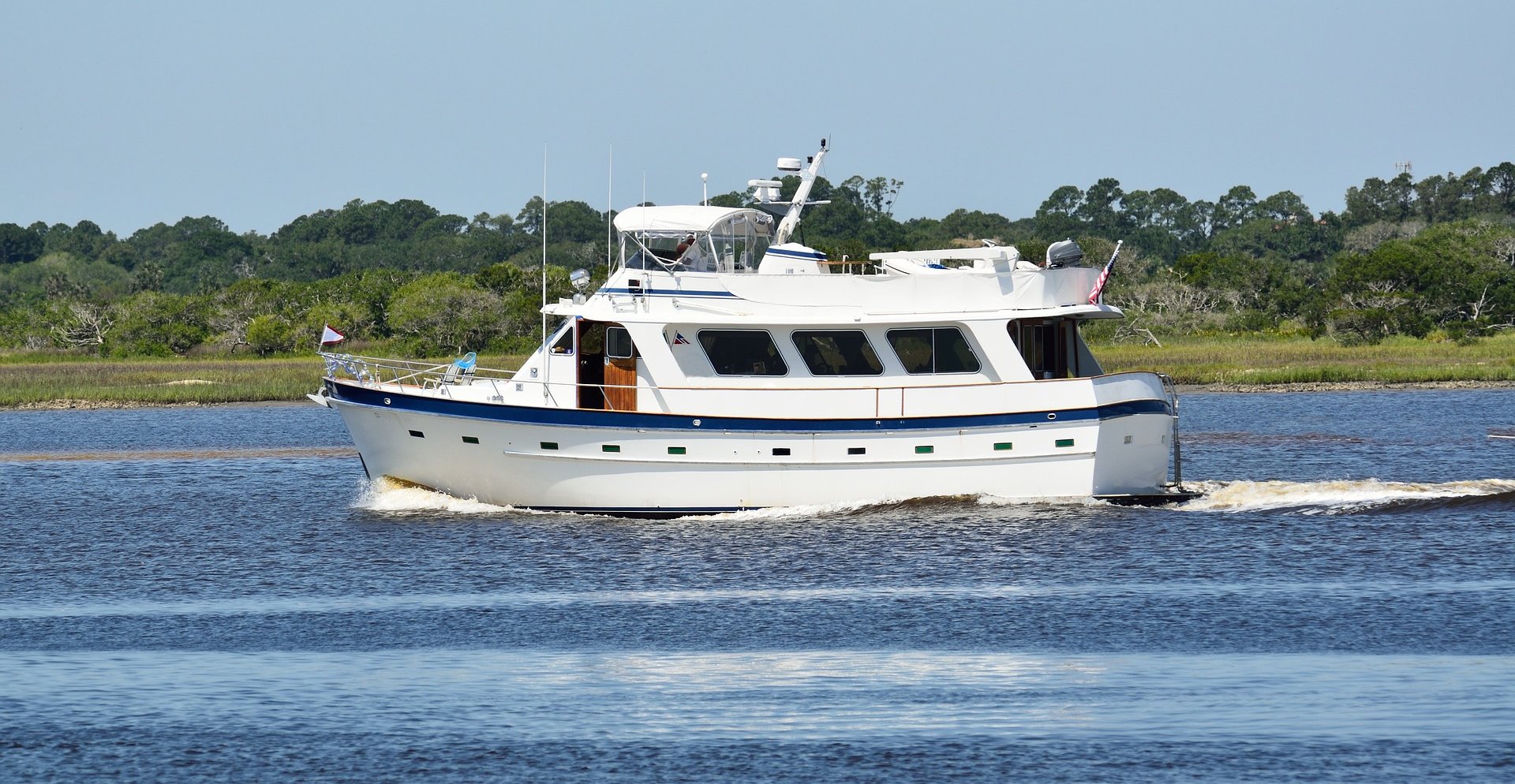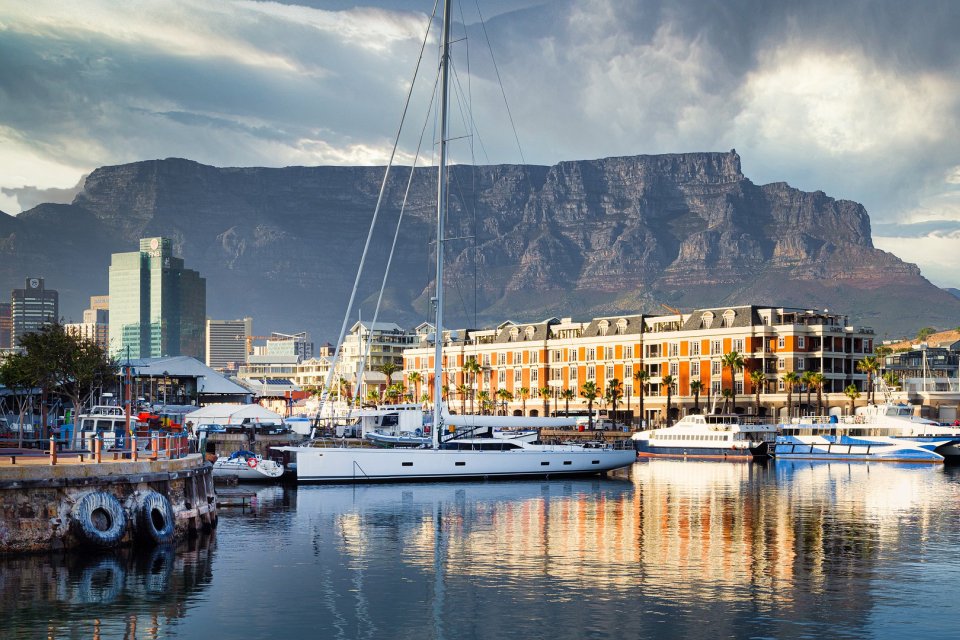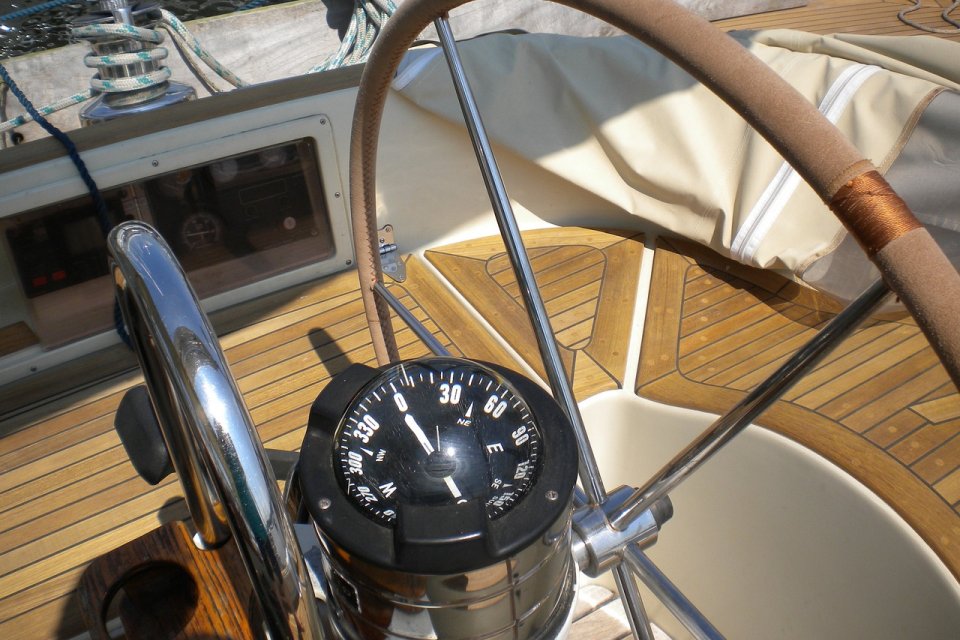Boats for Sale
Ahoy, there! ⚓ Welcome aboard 'Boats for Sale,' Where we will be introducing you to the buying and selling process, providing valuable insights, tips, and resources to help you navigate the market with confidence.
Whether you're a first-time buyer or an experienced seller, our goal at ‘Boats for Sale’ is to equip you with the knowledge and tools necessary for you to make an informed decision. From understanding different types of boats to negotiating the best deals, ‘Boats for Sale’ has got you covered every step of the way.
Motor Boats
Motor Boats are watercraft that are propelled by a diesel or petrol/gasoline engine. Unlike sailboats, which use the wind to propel them, Motor Boats rely on engines for power. They range from small, recreational boats to larger vessels used for fishing, transportation, or other water-related activities.
The design can vary widely, they may have cabins, seating areas, and various amenities depending on their intended use. Some Motor Boats are designed for speed and sport, while others prioritise comfort and functionality.
Overall, Motor Boats are popular for recreational activities such as cruising, waterskiing, fishing, and more.
⚓
History of the Motorboat
The history of the motorboat spans several centuries and has seen significant advancements in design, technology, and usage. Below is a brief overview of the history of motorboats from the 1700’s to the 21st Century.
1700’s :
Steam power started to be used in boats during this century. Steam engines were relatively large and inefficient, limiting their practical use in smaller vessels.
Early 1800’s:
The development of more efficient and compact steam engines led to the creation of steam-powered boats and ships, such as paddle steamers and early steam yachts.
In 1886:
Gottlieb Daimler ordered the first ever motorboat to be built at the German shipyard Lürssen, to be powered by his new invention the internal combustion engine. Later the German inventor Rudolf Diesel was testing another form of the internal combustion engine the diesel engine, which went on to be the prime motor for motor boats.
Early 1900’s:
Motorboats gained popularity and became more widely accessible, primarily powered by the newly developed internal combustion engines and used in recreational and commercial vessels.
Mid 1900’s:
Advancements in boat design and manufacturing, including the use of fibreglass (GRP), made motorboats more affordable to a wider range of people.
Innovations such as water jet propulsion and more powerful engines further improved the performance of motorboats, leading to the development of various specialised watercraft, including speedboats, fishing boats, and luxury yachts. New forms of drive systems were introduced including Stern (Outdrives), Sail Drive and recently IPS (Integrated Propulsion System).
The duo-prop system with contra rotating propellers originally designed to stop torpedoes turning on their axis, has become popular on recreational craft, offering higher fuel efficiency.
21st Century:
The 21st century has seen continued advancements in motorboat technology, including more efficient and environmentally friendly engines. Electric and hybrid propulsion systems have become increasingly popular, as concerns about fuel efficiency and environmental impact have grown.
2024
Motorboats in 2024 are equipped with cutting-edge technology, including advanced navigation systems, entertainment features, and enhanced safety equipment. They come in various sizes and types to cater to different purposes, from personal watercraft to large luxury yachts. Sustainable and eco-friendly designs are also on the rise as the industry seeks to reduce its environmental footprint.
The history of motorboats reflects the evolution of marine technology and the changing needs and preferences of boaters over the centuries. As we move into the future, it's likely that motorboats will continue to evolve with the development of new materials and propulsion technologies
Boats for Sale
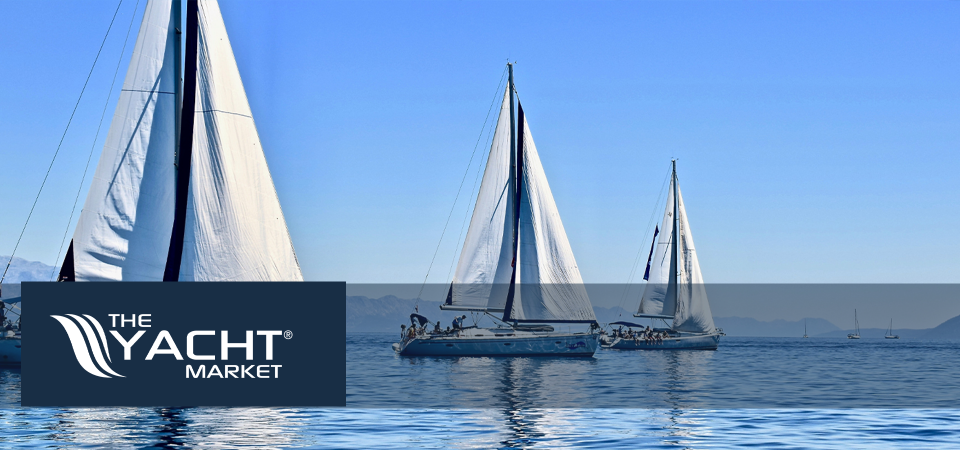
TheYachtMarket.com has around 50,000 new and used boats for sale of all types all over the world.
⚓
The Boater’s Guide to Buying a Boat
Buying a boat can be a thrilling yet complex experience. We have designed this guide to simplify the process by breaking it down into manageable steps, ensuring you make an informed decision.
Determine Your Budget
Initial Cost: Includes purchase price and any taxes or registration fees.
Annual Operating Costs: Fuel, Maintenance, Insurance, Marina Fees, Waterway’s Licence.
Financing: Cost of a mortgage or loans. The Quayside
Travelling: The annual cost of travelling to and from your boat.
Living aboard
Are you going to live aboard permanently, just for the summer months, or just occasional cruising? If living aboard permanently consideration should be given to the type of boat, a steel boat can be fully insulated, with double glazed windows and doors, and heating systems, very comfortable in the winter, its not necessary to have this type of boat if you are summer cruising only.
Your cruising Boat
Having guests aboard is a great social event. When you have guests aboard to stay consideration should be given as to the sleeping arrangements and toilets (heads) will they snore, and might have to use the toilet throughout the night. When planning your new boat it is ideal, if your budget allows to buy a boat where there are after and forward cabins both with toilets, your toilet has the shower which all can share.
Engine Considerations
If you are taking your motorboat off-shore then a twin engine version is best; for coastal cruising an engine with a turbo is suitable unless you need that extra speed for skiing. For the inland waterways of England and Europe then a single naturally-aspirated engine is perfect.
Where am I going to keep the boat - very important question?
In a Marina your boat is secure and easily accessible and with all the utilities alongside, very convenient. Some marina’s offer a lift out service in the winter into their secure pound. In some cases owning a boat means a flight or long drive to the marina; the marina manager can be contacted so that work can be carried out in your absence, including lifting back in to the water and securing your boat alongside. Normal winterisation and de-winterisation can be done so that your boat is ready to go when you arrive.
Buying a new boat.
Buying a new boat offers the latest technology, a very useful warranty, and the opportunity to customise your boat during the build process. This comes at a higher cost than buying a used boat, however depreciation may occur when selling.
Buying a used boat.
Buying a used boat is more affordable, less depreciation, layout could be appealing: however, there are fewer customisation options and there could be unknown mechanical defects.
The ‘Boats for Sale’ process starts here.
You could be buying from a Yacht Broker a Private Seller, an Auction or direct from the Boat Builder (with a warranty). The process for all of them is basically the same except for the Auction where the boat is sold as seen. The sales contract known as the ‘Bill of Sale’ is signed by all parties and a returnable deposit is paid to secure the boat for a given period of time, generally ten days but can be more if a surveyor is not available. During this period a Survey and Sea Trial is carried out, paid for by the buyer.
The Survey and Sea Trial
A Professional Survey is essential when buying a used boat to check for structural integrity, mechanical condition and to satisfy your insurance company. The Sea Trial is to test the boats onboard mechanical and propulsion systems and performance at sea.
The Final Price
This is the time for negotiations on the price, and anything in the sea trial or survey report that needs attention, this is discussed and a settlement figure agreed or not, as the case maybe.
Bill of Sale
The Bill of Sale should be carefully read to check all necessary details, one item to add and that is to check there are no outstanding debts to the boatyard or marina. The title is transferred and Registration documents completed.
Boat Insurance
Don’t forget to insure your new asset, fully comprehensive is the best. Please read our section on the home page covering all forms of boat insurance.
Additional Resources to help you
There are online Discussion Groups to connect with other boaters for advice and experiences. Read reviews on different boat models and brands, visit Boat Shows where you can view a vast selection of boats. Have you considered renting a boat for a holiday to practice your driving skills and ensure you are making the right decision to buy your own boat.
By carefully considering your needs, thoroughly researching and following these steps, you can make a well-informed decision and enjoy your boating experience to the fullest.
⚓
The Modern Diesel Engine its Fuel and the Environment
Modern Diesel Engines
To reduce the increasing threat to the environment and global warming, the harmful emissions of diesel engines have to be reduced. The search for cleaner emissions has resulted in engine manufacturers redesigning fuel delivery systems to the cylinder. Common rail diesel delivery being one system. Injector pressures in the 70’s was around 300 bar (4,351 psi), today pressures are in excess of 2,500 bar (29,000 psi), this higher injection pressure is a key factor in reducing an engine’s untreated emissions. It also improves atomisation by having a better fuel air mixture ratio, meaning that optimum combustion is achieved giving enhanced power output and efficiency.
Diesel Fuel & Additives
To reduce harmful emissions from diesel engines, the sulphur content of diesel fuel over the last few years has been reduced from 500 parts per million to 15 ppm. This fuel is now known as ULSD (ultra-low sulphur diesel). This dramatic reduction has resulted in problems for manufactures and operators of diesel engines and diesel fuel distributors. There is a full programme of maintenance and preventative measures to combat diesel bug outlined in the members section, Engine and Generator Lubricating Oils can be sent for testing, we can advise you on this.
Diesel Engines - Maintenance
We have designed a comprehensive maintenance programme to be followed by owners of marine diesel engines. Requiring only basic skills, this maintenance programme covers all the mechanical work to keep the engine in a seaworthy condition. It does not include tasks where rebuilding is required.
Modern Boat Engines & Drive Systems
Modern Boat engines have a higher power to weight ratio and are usually more reliable and cleaner than older engines. Many now have electronic controls to optimize fuel consumption and efficiency. Our maintenance plans reflect this increase in power, by the addition of rescheduled maintenance tasks.
⚓
Maintenance Plans
Primary Plan covers all the mechanics of a boat from the fuel tank to the propeller and takes priority over all other plans.
Primary Drive Plan is the drive system for a boat, both these primary plans include the critical spare parts list.
Secondary Plan covers the auxiliary, domestic, and ancillary systems.
Maintenance Tasks
The tasks are adapted to a vessel’s operational requirements. Whilst a fleet manager will engage their shore-based maintenance staff, small commercial operators and leisure boaters are encouraged through our maintenance programme to manage a variety of tasks themselves, and only occasionally look to the boatyard for assistance, thus giving them a better understanding of the systems on their boat.
Maintenance Schedules
Maintenance Scheduling is a way to help the planning of maintenance. Yearly monthly, weekly, daily, and even hourly checks form part of the maintenance schedule. Flexible scheduling has been designed which can be readily adapted to a cruising programme, and periods alongside. We find that leisure boat owners will set their maintenance at the beginning or end of the cruising season, whereas commercial operators with much higher running times tend to base their maintenances on an hourly frequency.
Motor Boats - Safety & Fire Equipment Maintenance
Boat Safety procedures and Fire Equipment maintenance practices are essential for the well-being and safety of your boat and crew.
In many countries the authorities are looking for paperwork showing test certificates and expiry dates for fire and safety equipment, VHF and AIS certification, plus LPG testing. These are systems covered by imardex-marine’s Maintenance Programme.
Commercial & Leisure Boat Operators - Additional Plans
If you are a Commercial Operator and require maintenance plans that are not illustrated on our database, such as, diving compressors and decompression chambers, dredging equipment, lifts, surveying equipment, specialist medical and research equipment etc, then please contact us below for further details. For leisure boat owners that require maintenance plans on additional specialist equipment please contact This email address is being protected from spambots. You need JavaScript enabled to view it.
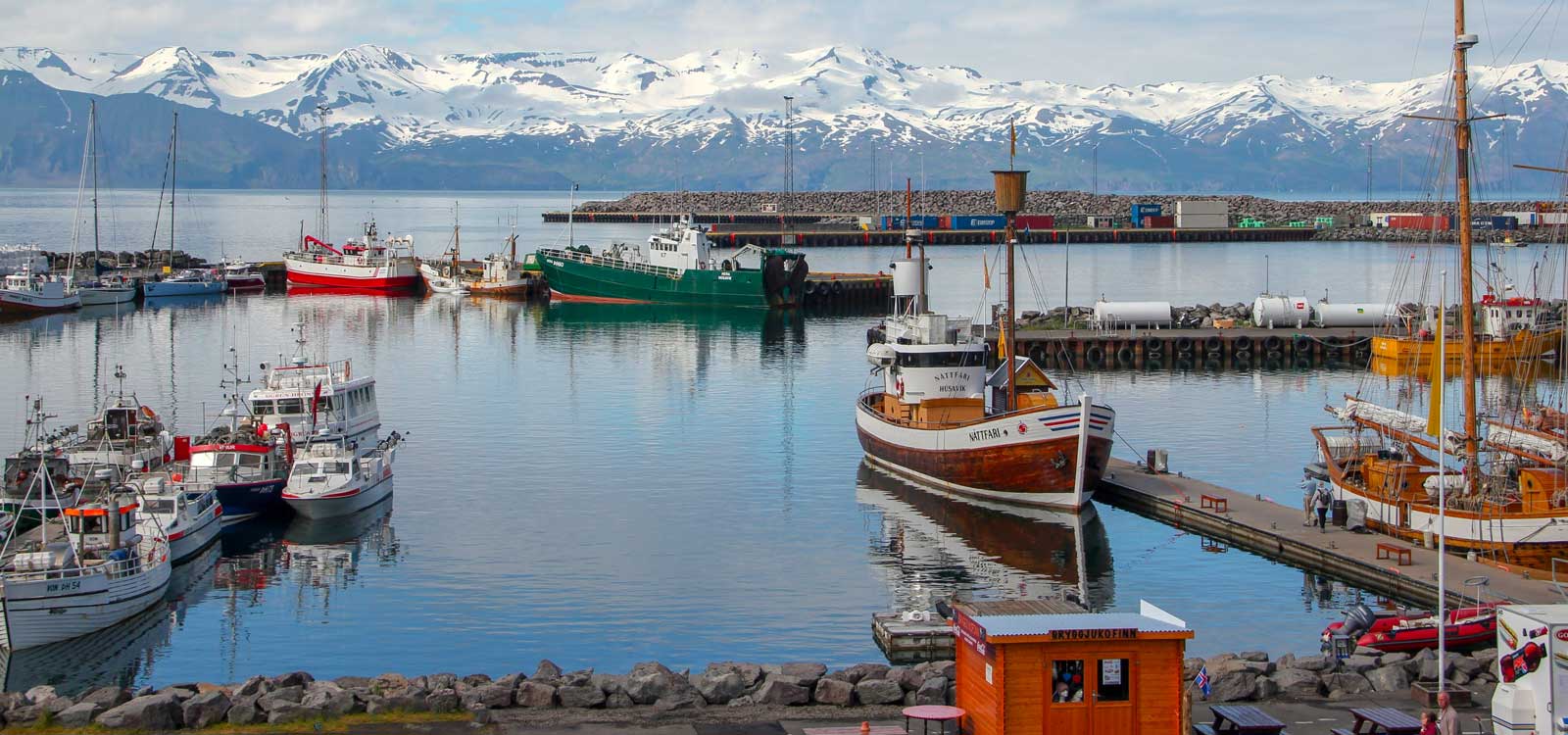
The Membership Package
Please click through to ‘Membership Desk’ to check whether your vessel, engine and drive system are included.
Membership is required to access imardex-marine’s maintenance database. To become a member simply click ‘Membership Desk’ and select to pay monthly or annually where you will benefit from a discounted fee.
Benefits of Membership
At imardex-marine we expect that the membership and the use of its maintenance programmes will bring the following benefits:
- Greater understanding and knowledge of the systems on your boat
- A safer boating experience for crew and passengers
- Increased operational efficiency and fewer breakdowns when underway
- Reduction in the general running costs
- Longer life expectancy of machinery
⚓
Boat Insurance
Please click here to read our Boat Insurance information.
Information Below - in The Boat Information Directory
Pre-Departure Checks - A special checklist identifies the necessary safeguards to be undertaken prior to departure. It is supplemented by a list of checks and helpful hints to be followed when underway.
Winterising - A guide and checklist available for winterising your Main Propulsion, Auxiliary and Domestic Systems.
Boatyard Work Guide and Check List - A comprehensive useful guide and checklist, prior to a boat yard starting work on your boat. This information has been put together with the help of the imardex-marine team and members who have many years of experience in dealing with boatyards and marine workshops.
Action after Grounding - A checklist to assist the boater through a grounding scenario, and what to look for when inspecting keels, rudders and hull section, after such an event.
⚓
Back up and support from the imardex team
The imardex team is available to answer any queries or problems you may have, please send an email to This email address is being protected from spambots. You need JavaScript enabled to view it. with your telephone number, and a brief description of your query.
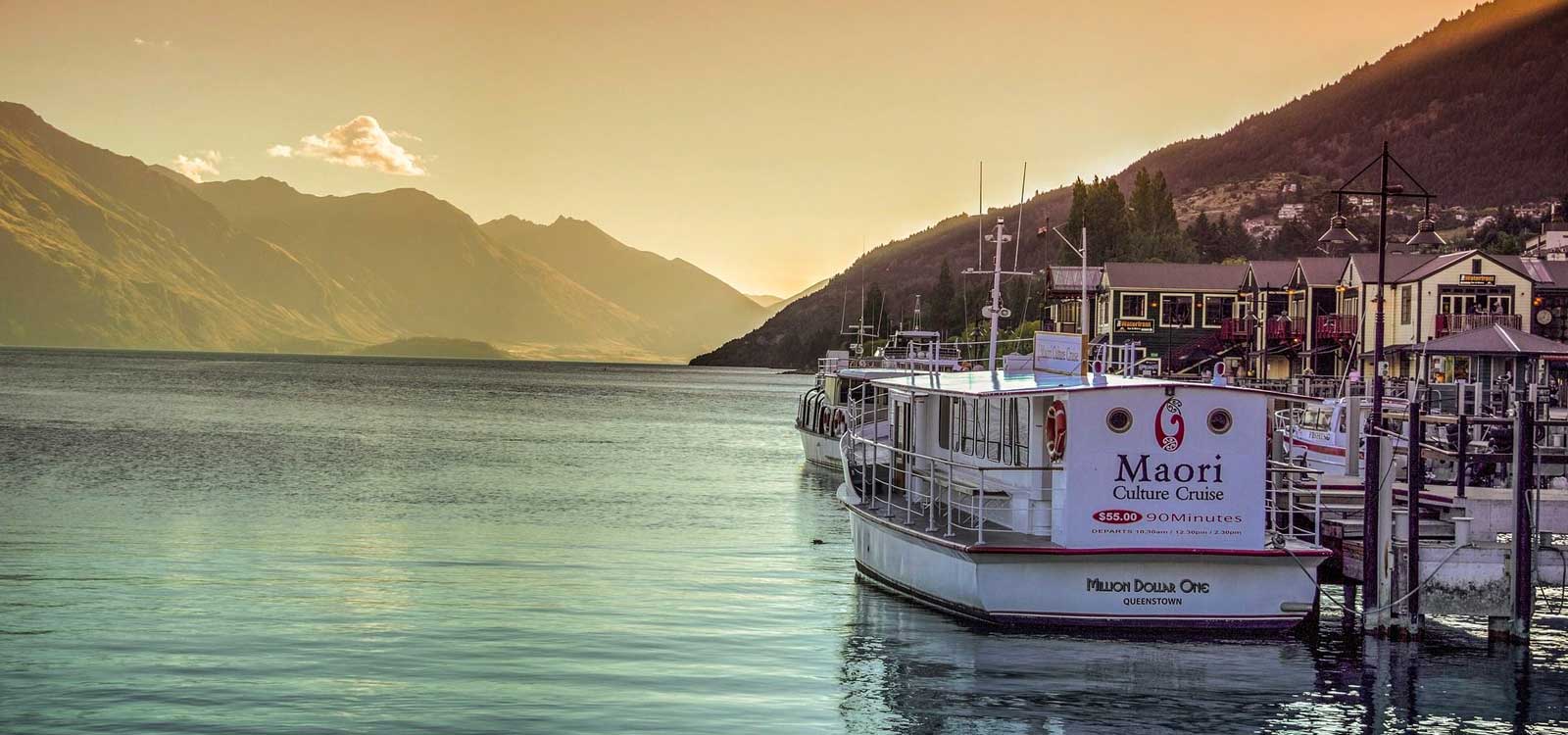
Miscellaneous Information
New Developments
Boat Shows and Show Boats - 2025/2026
A directory of Boat Shows around the world.
Electric & Hybrid Marine Propulsion Systems.
Imardex-Marine is introducing this important sector of the boating world.
Emission Control & Waste Management Guidelines
This new section deals with 21st Century environmental issues.
Boats For Sale
Imardex-Marine is introducing ‘Boats for Sale’ summer 2025
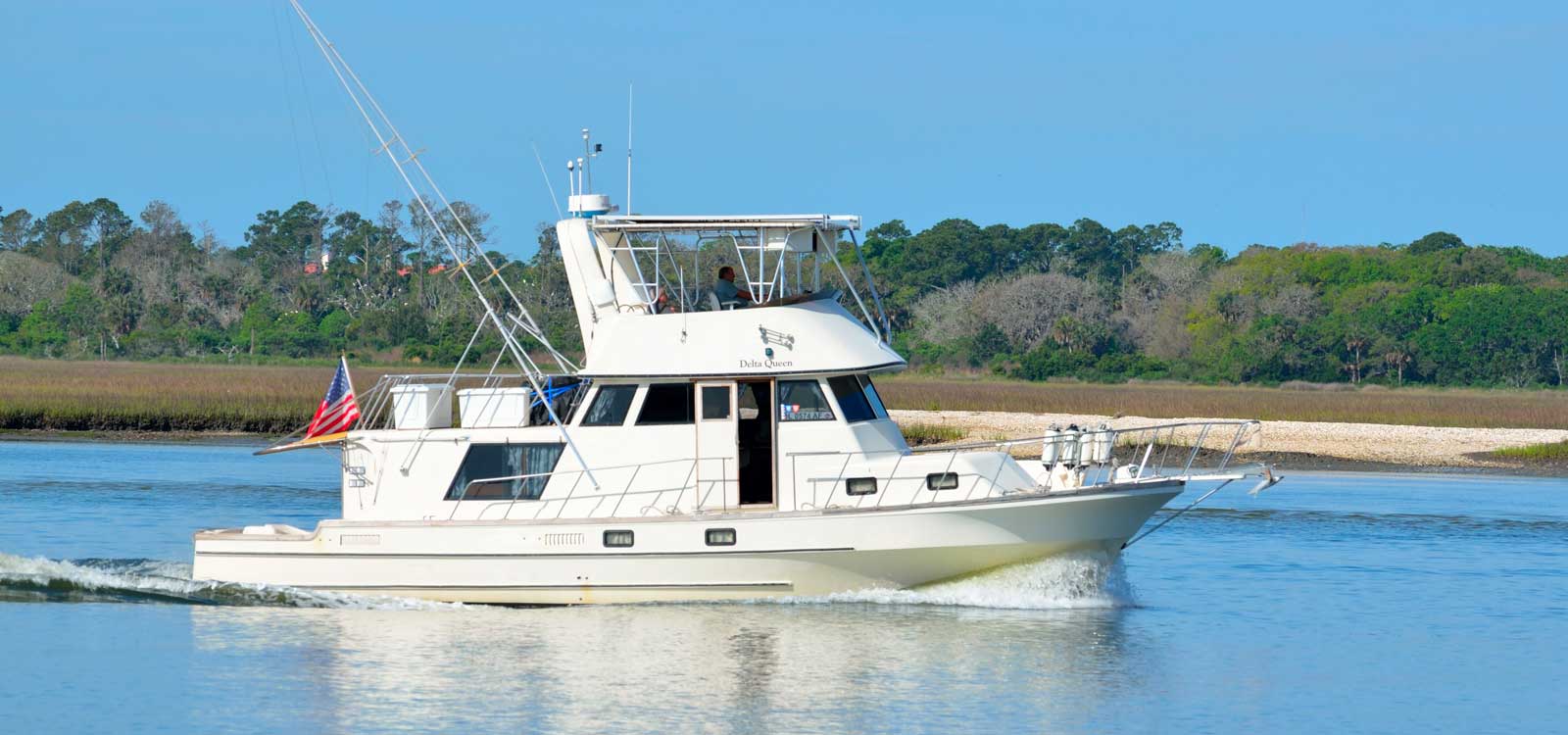
Posted by : The imardex-marine team

